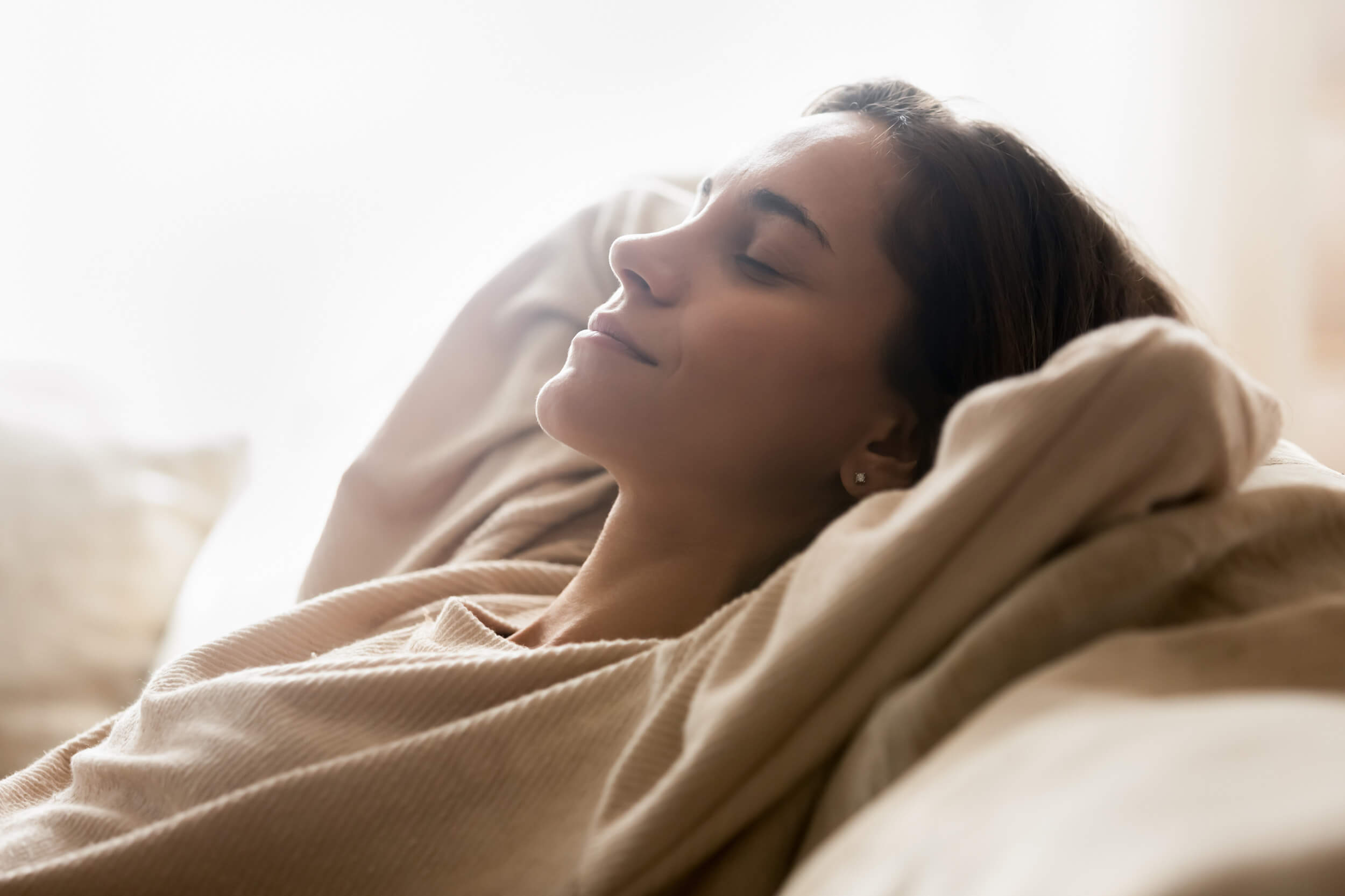Feeling down for no clear reason? Struggling to stay focused or keep your mood steady, even when things seem fine on the outside? The way you sleep could be playing a bigger role than you think.
Sleep and mental health are tightly linked, and research shows that not getting the ideal hours of sleep might increase your risk of depression. Too little rest can leave you drained and irritable. Too much can make you feel just as foggy and low. It’s not just about quantity—it’s about balance.
So how many hours of sleep actually help protect your mental well-being? Scientists now have clearer answers, and the results are surprisingly simple. This article looks at what happens when your sleep routine goes off track, what the ideal range really is, and how getting it right could help you feel better—mentally and emotionally. The connection between sleep and depression is real. Let’s unpack it.
How Sleep and Depression Are Scientifically Connected
Some days feel harder than others, but when those days start stacking up, sleep could be part of the reason. Not getting enough rest messes with how your brain handles emotions. It becomes harder to stay calm, think clearly, or handle stress. Without the right amount of sleep, your brain doesn’t get a chance to fully reset at night.
Then things can snowball. Trouble sleeping makes you feel worse, and when your mood drops, sleep gets even harder. You might lie awake for hours, wake up too early, or feel tired all day without knowing why. This back-and-forth pattern can drag on, making it tough to feel like yourself again.
The link between sleep and mental health isn’t just a theory—it’s backed by science. And it’s one more reason to pay attention to the ideal hours of sleep. Getting the right amount might be one of the simplest ways to protect your mood.
What Science Says About the Ideal Sleep Duration
Not sure how much sleep is actually “enough”? Science points to a clear answer—most adults need between 7 to 9 hours each night. This is the sweet spot for keeping your body and mind in balance. Getting less than 6 hours or sleeping over 9 regularly has been linked to a higher chance of feeling low or even developing depression.
That 7–9 hour range does more than just help you feel rested. It keeps important hormones steady—like cortisol, melatonin, and serotonin—which all play a big role in your mood, energy, and stress levels. When you sleep too little or too much, those chemicals can get off track. That’s when your sleep schedule starts messing with your body’s natural rhythm, and your mood can go downhill.
The ideal hours of sleep aren’t just a suggestion—they’re part of what helps your brain stay balanced and your mental health stay strong.
Too Little Sleep: What Happens to Your Mood and Mind?
Waking up tired every day, even after a full night in bed? That could be a sign your body isn’t getting the rest it truly needs. When you regularly get less than the ideal hours of sleep, it starts to wear down both your mind and mood.
Here’s what can happen when sleep runs low:
- You feel more irritable, sad, or emotionally drained
- Focusing and remembering things gets harder
- Small problems start to feel much bigger
- You’re more likely to feel hopeless or stuck
- People who sleep under 6 hours a night have a much higher risk of depression
Some groups are hit harder than others:
- Teens, who often stay up too late or scroll at night
- Shift workers, who sleep at odd hours and miss deep rest
Fixing your sleep might seem small, but it can have a big effect on your mental health.
7 Habits That Support Healthy Sleep (and a Happier Mind)
Now that you know how much sleep is ideal, here’s how to get there—without relying on pills or gimmicks. These easy habits can help improve your rest and boost your mood, especially if you’re feeling drained or stuck in a rut.
1. Stick to a Set Sleep Schedule
Going to bed and waking up at the same time every day helps your body find its natural rhythm. Skipping this routine can throw things off and make it harder to get the ideal hours of sleep your mind needs to stay balanced.
2. Get Natural Light Early in the Day
A few minutes of sunlight in the morning tells your body it’s time to be alert. This simple step helps reset your sleep cycle and supports healthy hormones that affect sleep and mood.
3. Limit Screens 1 Hour Before Bed
Too much screen time before sleep can trick your brain into staying awake. Try shutting down phones and TVs an hour before bed. Use that time to unwind without blue light getting in the way of your ideal hours of sleep.
4. Watch Your Caffeine and Alcohol
Caffeine can stay in your system longer than you think, and alcohol often leads to poor-quality sleep. Cutting back in the afternoon or evening can help you sleep deeper and feel more rested.
5. Create a Wind-Down Routine
Doing the same things before bed each night—like a warm shower or writing in a notebook—can calm your mind and help your body ease into sleep naturally.
6. Move Your Body During the Day
Physical activity helps reduce stress and can make it easier to fall asleep. Even light exercise like walking can support better rest, especially when done earlier in the day.
7. Talk to a Therapist if Needed
When sleep problems stick around, it might be time to reach out. Therapy options like CBT-I can treat both sleep issues and mood problems, helping you get back to those ideal hours of sleep your brain and body rely on.
Special Sleep Considerations Based on Age
Sleep needs can change with age, and knowing what’s normal can help protect your mental health.
Teens and Young Adults
This group usually needs 8 to 10 hours each night, but often gets much less. Staying up late on phones, watching shows, or scrolling through social media cuts into rest time. That lack of sleep adds up fast and raises the chance of mood swings, stress, and even depression.
Older Adults
Sleep often becomes lighter with age, but older adults still need around 7 to 8 hours each night. It’s common for sleep to get broken up or feel less restful, but long-term poor sleep has been linked to higher rates of depression.
Finding the ideal hours of sleep—based on your age—can make a real difference in how you feel each day, both mentally and physically.
When Should You Worry About Your Sleep?
Some sleep problems come and go—but others stick around and start affecting your life. If you’re waking up too early, having a hard time falling asleep, or sleeping way more than usual, it could be a sign something deeper is going on.
Sleep struggles that last longer than two weeks and start to mess with your mood, energy, or daily focus shouldn’t be ignored. That’s when it’s a good idea to talk to a doctor or therapist. They can check if there’s something else behind it.
Getting the ideal hours of sleep isn’t just helpful—it’s part of staying mentally and emotionally well.
Final Thoughts on Finding the Right Sleep Hours for Mental Health
Getting your sleep on track doesn’t need to be complicated. Most adults feel their best with a steady 7 to 9 hours each night. That’s the range backed by science—and the one most linked to better mood, focus, and energy.
Both too little and too much sleep can raise the chances of feeling low or burned out. But the good news is that small daily habits can make a big difference.
Finding your ideal hours of sleep and protecting that time can help your mind feel calmer and your body more refreshed. Better sleep really does support better mental health.















